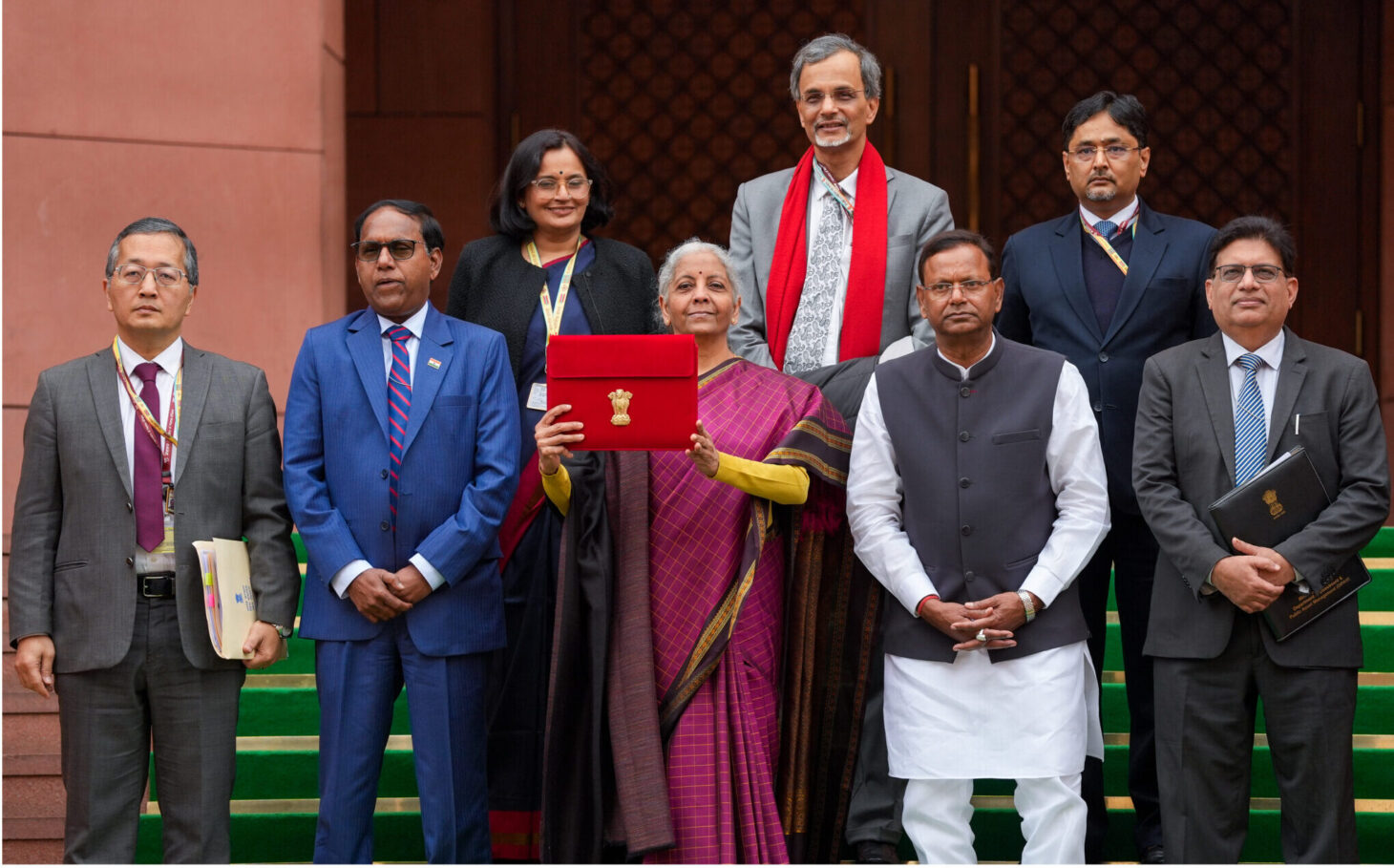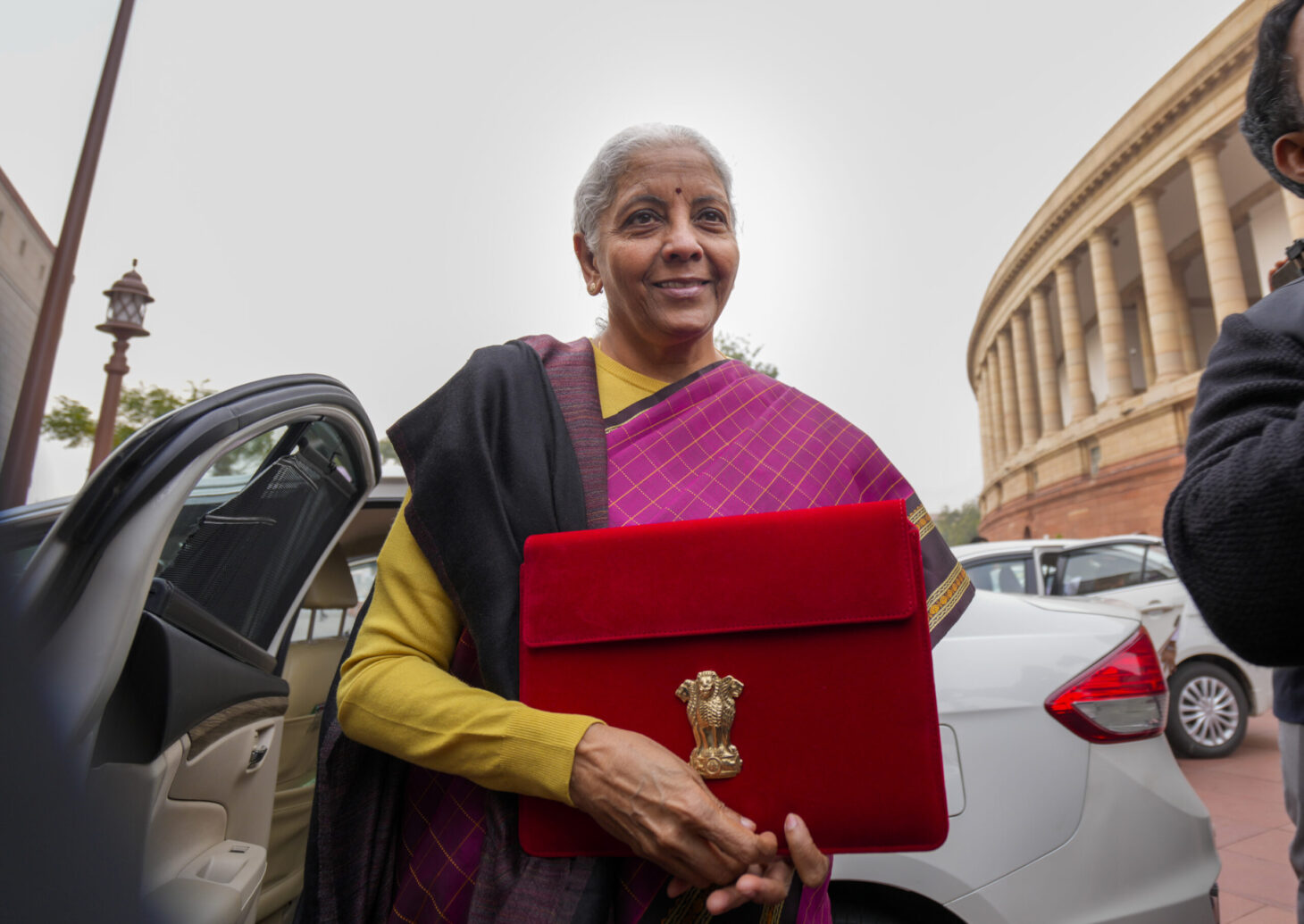The North News
New Delhi, June 2
Centre government has announced a major policy initiative to boost domestic electric vehicle (EV) manufacturing and attract global automakers, under a new scheme designed to accelerate green mobility, cut emissions, and position the country as a global automotive hub. The “Scheme to Promote Manufacturing of Electric Passenger Cars in India” (SPMEPCI) was approved by the Ministry of Heavy Industries (MHI) and formally notified on March 15, 2024. The initiative, introduced under Prime Minister Narendra Modi’s government, is closely tied to India’s net zero ambitions by 2070 and its broader push for self-reliance under the ‘Make in India’ and ‘Aatmanirbhar Bharat’ programmes.
Under the terms of the scheme, foreign EV manufacturers will be allowed to import fully built electric vehicles (CBUs) with a minimum cost, insurance and freight (CIF) value of USD 35,000 at a significantly reduced customs duty rate of 15% for five years—an incentive aimed at attracting high-end, technology-driven investments.
To qualify, companies must commit to a minimum investment of ₹4,150 crore (approximately USD 500 million) and meet phased domestic value addition (DVA) targets. A detailed set of operational guidelines has been released by the MHI, and the Department of Revenue has already adjusted customs notifications accordingly.
Applications for the scheme will open soon, with prospective companies able to submit their proposals through an online portal.
Union Minister H.D. Kumaraswamy, speaking at a press conference, described the initiative as “strategically crafted to position India as a global hub for EV manufacturing,” noting that it strikes a balance between encouraging advanced EV technologies and nurturing local industry.
“This landmark initiative aligns with India’s national goals of achieving net zero by 2070, fostering sustainable mobility, driving economic growth, and reducing environmental impact,” Kumaraswamy said.
Officials emphasised that beyond its environmental aims, the scheme is expected to create jobs, stimulate supply chains, and scale up innovation in the automotive sector—part of a broader effort to reduce dependency on fossil fuels and imported technologies.
The policy reflects India’s shift toward low-carbon transport solutions, amid growing global demand for electric vehicles and heightened geopolitical focus on energy security.
















